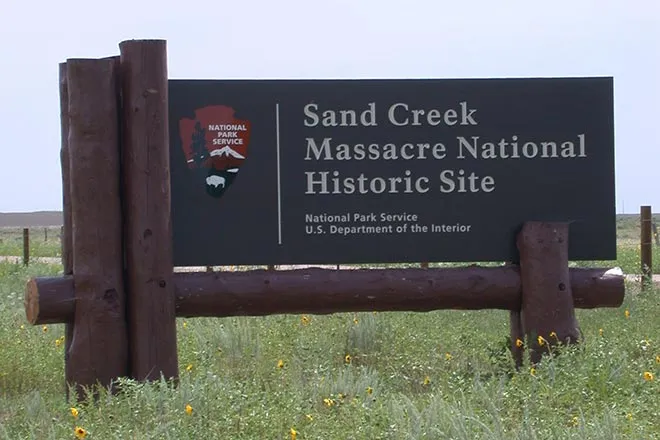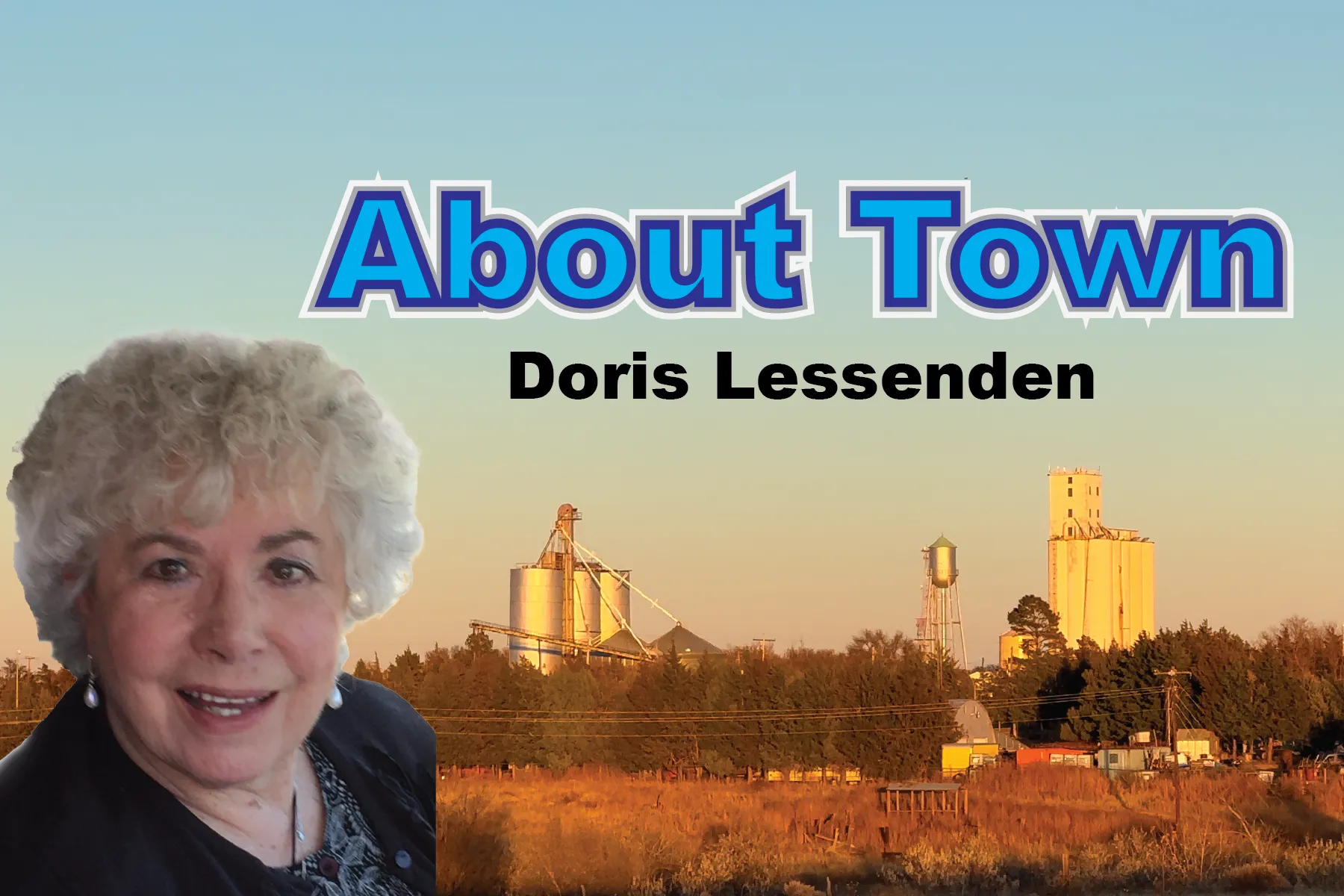
Your Story: In the Beginning – Hammer Family History Part 26
© KiowaCountyPress.net / Chris Sorensen
Ernie Hammer is a long time Kiowa County Press contributor. This story is written by Ernie’s Aunt Liz, Elizabeth Katherine (Hammer) Smith Benatti, based on her memories and family research. The story begins in Germany with Oswald Hammer and Margarethe Marie von Barsewisch, Liz’s parents. Liz passed away at the age of 104. She was living at the Kohart Home in Kit Carson at the time of her death. Part 25 can be read here.
The Children’s Adult Years
Liz – I don’t know how well I taught but Buckingham and the three Russian families taught me so much. Even the rabbit drive which was my one day unexpected holiday. Men, dogs, kids with sticks and .22’s rode to different area spots and began to close in, closer and closer to the school yard where there was a three cornered wire fence, two men on either side of the fourth side opening.
Rabbit drives began during the depression when so many hungry families in the big cities were almost starving. The boys rounded up the rabbits and the older men made the wire enclosure. Then they quickly caught thousands of rabbits in the enclosure. Some skinned, taking the carcasses off the rabbits and younger brother guarding the piles of skins. The meat was cleaned, cut up and put into iced water. Then someone, maybe a sheriff or even a banker or an owner of a big cattle ranch where they were having the drive would take the rabbit meat in a truck to the city. After the trucks left, everyone would gather at the school for a big dinner.
When rabbit drives were gone into the past, other things would occupy the lonely settlers’ time. Men would organize baseball competitions; the young people had dances and play parties. The wives and mothers had jobs of preparing food. Activities and entertainment on the homestead included picnics in the summer and school parties in the winter. Other activities were popcorn and cider making parties. The women would sometimes get together for sewing and visiting.
Then came the depression in the late twenties. Jobs were scarce and farmers’ crops dried up; the westerly winds continued day after dry day. The westerly dry winds continued until morning skies were red with ray of the sun shining through the dusty air. Many animals got pink eye and were terminally ill from dust pneumonia. People had skin sores and wrinkled face and hands. Many families gave up entirely and moved. This was known as the Great Depression migration.
Martin had to get a CCC job from the government to supplement his small income from his potato and vegetable fields at his homestead at Divide. His usual income came from cutting ties for the mines in Cripple Creek but the mines were shutting down because of falling prices in the gold market. But Ted, like his mother, kept adding deserted land and changing from cattle to sheep whichever brought the most promise of good prices at the market.
Gerhart had let Fritz take over ranch duties as he took the low land prices and bought a small forty acres with a small house. Here he and Oscar batched took care of the weaning calf crop for the home place. He also bid on the school bus route that coincided with time schedule both for himself and Oscar who now was attending high school at Drennan. He found they could rearrange schedules so both mail and school children could be delivered on time. Gerhart bought a model T Ford to bus the children to school. Fritz now had the milk route but Ray Shonts got the school bus job. So he got a job at Routon’s filling station four to six hours.
Henry stayed home until he got married and moved to the Atteberry place. William and mother managed without Henry when Rod left, too. William and Henry worked their cattle together until the last roundup. These two brothers died of heart attacks only three months apart; age 66 and 67. Henry buried in the Chico Basin cemetery and William lies in the Fair View Cemetery in Fountain, Colorado.
Next week – The Childrens’ Adult Years (cont.)
The Kiowa County Press invites those who live in or have ties to Colorado - especially the southeast, however all contributions are welcome - to share their story with our readers. Family history, current life, unique sites and adventures, and other aspects of living in Colorado are welcome. Contact us at editor@KiowaCountyPress.net.
















